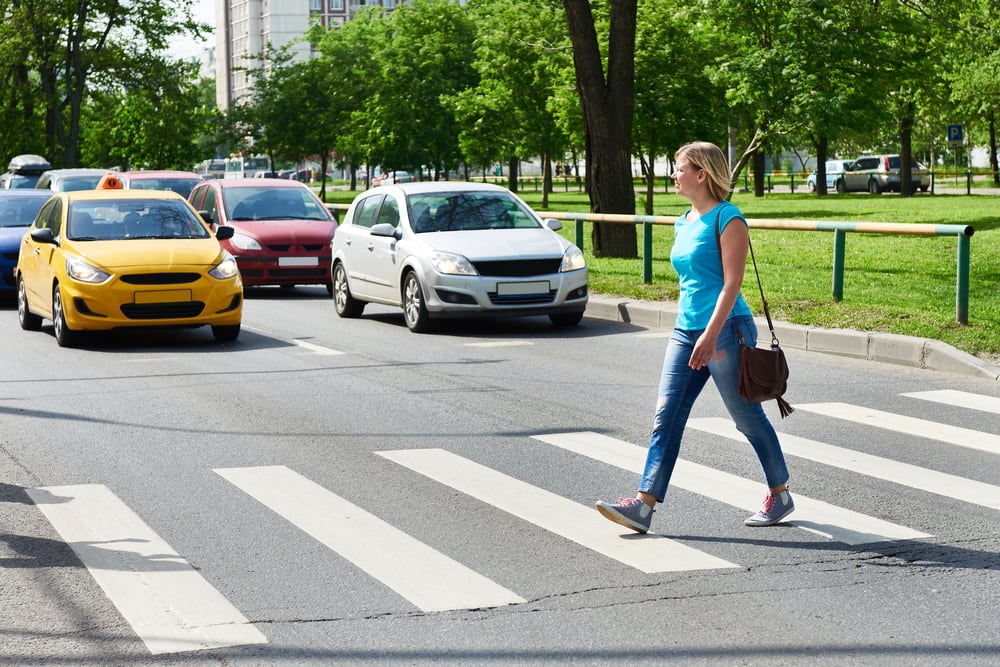

In Virginia, right-of-way laws are in place to let you know when you should stop and give way to other motorists or pedestrians. Much of the time, it is simple common sense, but the rules still have to be codified so that they are available to people who may not naturally display common sense in traffic. By learning the right-of-way laws, you can reduce your chances of being in an accident that could at best damage your vehicle, and at worst, injure or kill you or someone else.
Summary of Virginia’s right-of-way laws
The right-of-way laws in Virginia can be summarized as follows:
Intersections
If two vehicles get to an intersection at different times, the vehicle that gets there first proceeds first. If it is uncertain who got there first, then the vehicle on the right goes first.
At an intersection that has traffic signals, if they stop working, then every vehicle approaching the intersection has to stop, and the driver on the left must give right of way to the vehicle on the right.
If you are entering an interstate from an on-ramp, you must yield to traffic already on the interstate.
If you are entering a traffic circle, you must yield to traffic that is already in the circle.
If you are approaching a public road from a driveway or private road, you must yield to any traffic or pedestrians already in the public road.
Pedestrians
You must always yield to pedestrians who are crossing either at a marked crosswalk, or at any intersection.
Even if a pedestrian is crossing illegally, you must yield right of way – this is not a battle for who owns the road; it is a safety issue.
Military convoys
- You may not cut off or merge with a military convoy.
Yielding to vehicles with flashing lights
If you see a vehicle that is flashing blue, red, yellow or white lights, then you must yield. These are emergency or service vehicles, and they have the right of way.
If you are already in an intersection, do not stop. Instead, proceed carefully through the intersection, and as soon as you are able to do so safely, pull over.
Common misconceptions about Virginia right-of-way laws
Most people will yield the right of way to a funeral procession out of common courtesy. In fact, in Virginia, you are required by law to extend this courtesy if a funeral procession has a police escort in the lead. Otherwise, the lead vehicle in the procession must abide by the ordinary laws.
Penalties for failure to yield
In Virginia, if you fail to yield right of way to ordinary traffic or to a pedestrian, you will have 4 demerit points attached to your driver license and be required to pay a fine of $30 plus a processing fee of $51. If you fail to yield to an emergency vehicle, the penalty is 4 points plus a $100 fine and a $51 processing fee.
For more information, refer to the Virginia Driver’s Manual pages 15-16 and 19.



